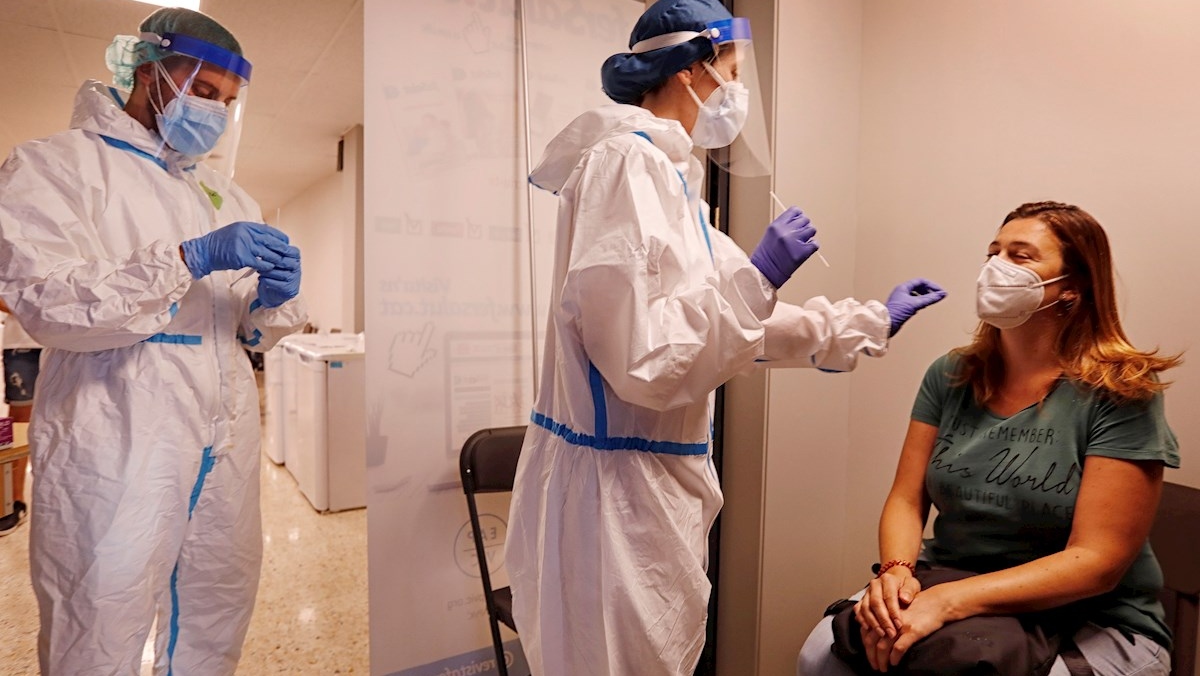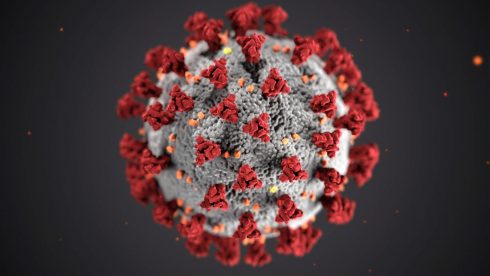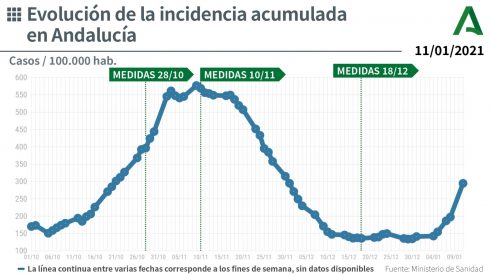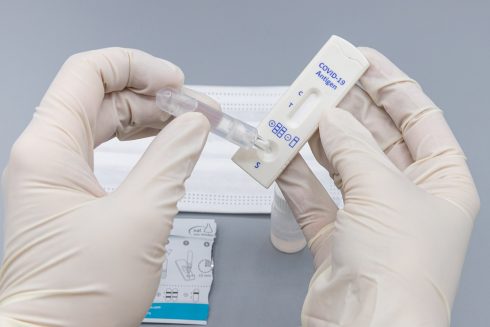A key coalition partner in the Valencian Government has called for stronger measures to combat the record-breaking COVID-19 case numbers in the region.
The left-wing Compromis party, including vice-president, Monica Oltra, govern in coalition with the PSPV-PSOE and Unides Podem in the so-called ‘Botanic Alliance’.
Compromis has demanded a ‘partial confinement’ in the area which includes the curfew start being brought forward two hours to 8.00 pm and the total closure of the hospitality sector.
They also want no socialising between people who do not live together and shopping areas larger than 800 square metres to shut.
Last Thursday(January 7), the Valencian Government introduced an earlier 10.00 pm curfew start and ordered hospitality businesses to close at 5.00 pm.
29 municipalities introduced local perimeter closures and the regional border will remain shut until the end of January.
Since those measures started, new coronavirus cases and hospitalisations have rocketed to record levels with no imminent sign of the trend being reversed.
Valencian president, Ximo Puig, said that it would take between 10 to 14 days to see what kind of effect the new restrictions would have on infection rates, and he did not plan any immediate rule changes.
A Compromis statement said: “Strong and courageous measures must be taken to stop further contagion and to save lives as well as preventing the collapse of the health system and to guarantee the vaccination process.”
The party has called for the creation of a state COVID emergency fund to help local businesses and workers.
The leader of the opposition Partido Popular group in the Valencian parliament, Isabel Bonig, said yesterday(January 11) that she was opposed to home confinement measures.
“The coalition members of the Valencian cabinet all speak with a different voice and there has been a total lack of planning,” she added.
Whatever calls there may be for a full home confinement, the current national State of Alarm does not allow for regional governments to take that decision.
That can solely be imposed on a national basis by the Madrid government, who have expressed a marked reluctance to return to the measures seen last early spring.
The only way around that is for regional administrations is extend curfew hours, but it is unsure how much they can be stretched legally in trying to introduce a ‘de facto’ home isolation.









